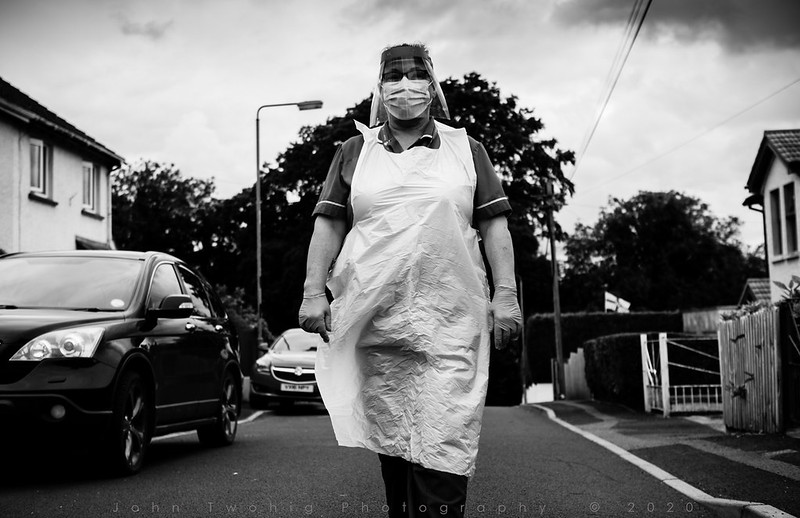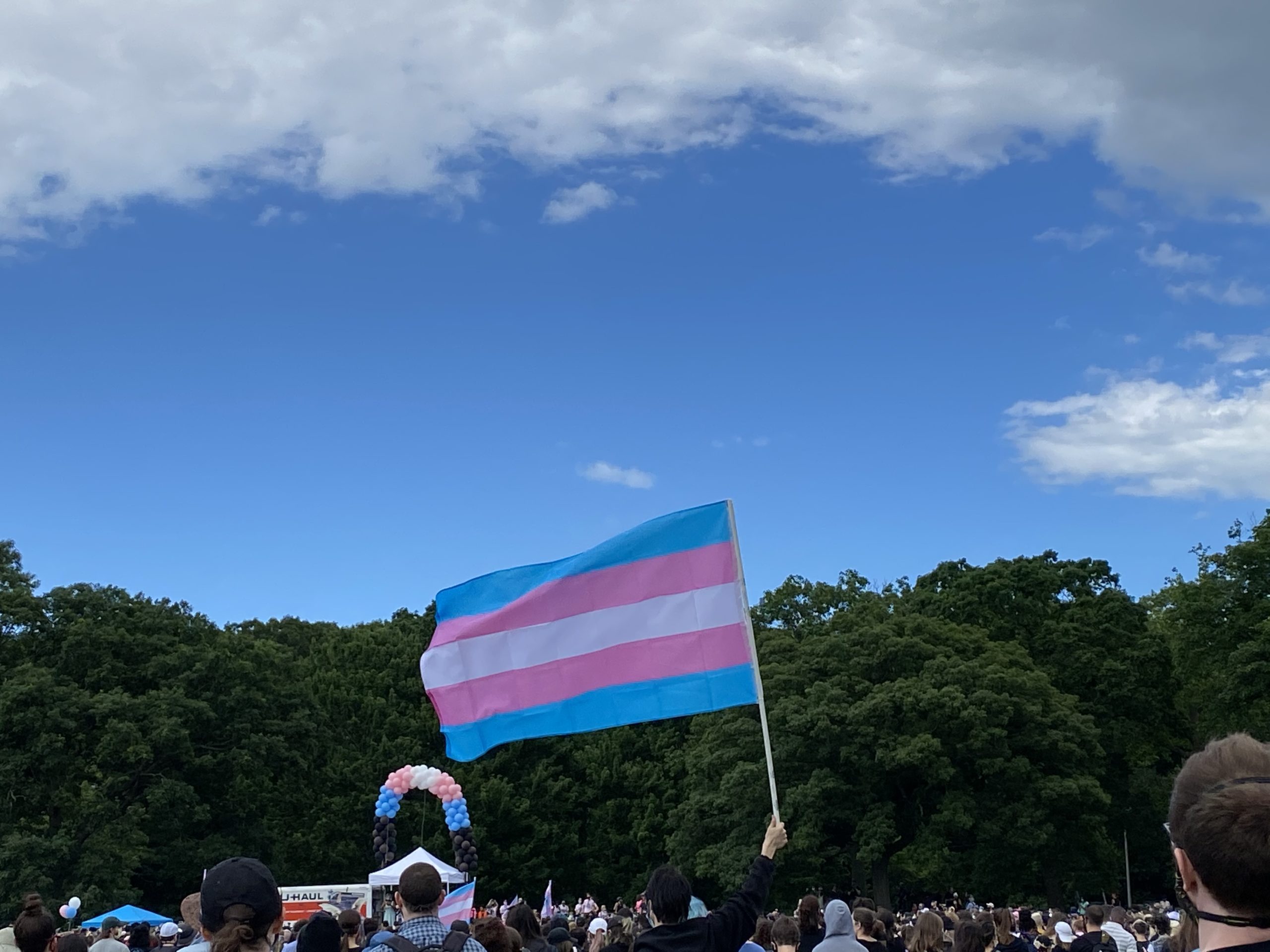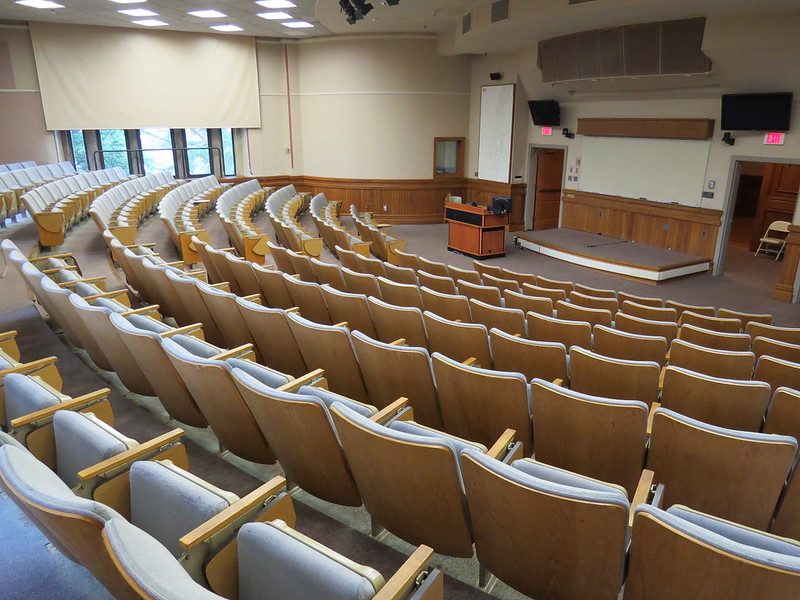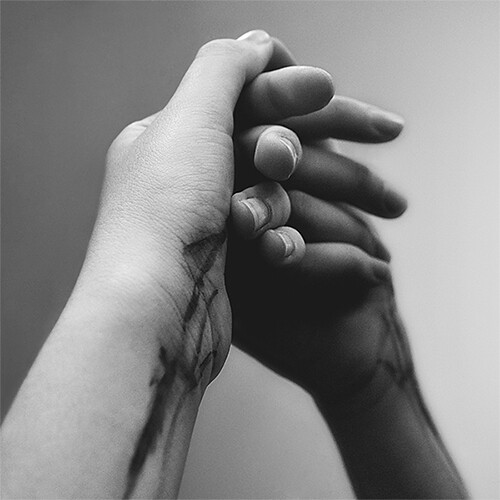Learning in Crisis
How could I study for my next exam instead of focusing my energy on the crisis around me? Was I selfish for still worrying about doing well in school while others died alone in the hospital on a ventilator? In these moments, I found respite in “Learning in War-Time,” a sermon delivered by C.S. Lewis to the students of Oxford in 1939 just as World War II began. In this timely sermon, Lewis addressed the chief concern on students’ minds: Why continue to study philosophy or science “when the lives of our friends and the liberties of Europe are in the balance?”











